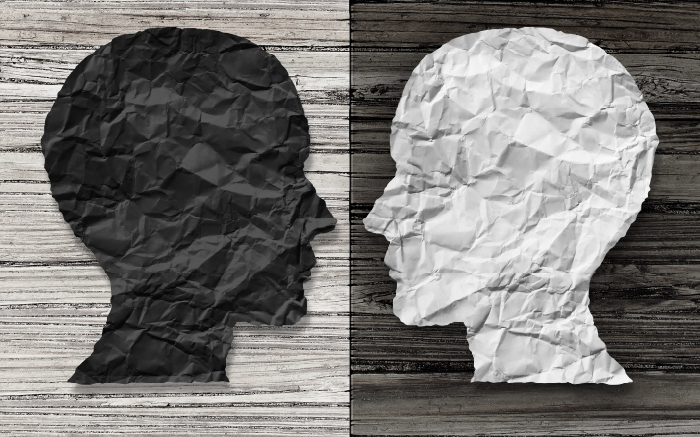Anxiety, a common emotional response to perceived threats or stress, is a natural part of the human experience. However, for millions worldwide, anxiety transcends occasional worry, developing into a persistent and overwhelming force that significantly impacts daily functioning and quality of life. This raises an important question: Is it possible to cure anxiety? This article delves into the nature of anxiety disorders, evaluates the effectiveness of various treatment options, and considers what it means to “cure” anxiety in the context of modern mental health understanding.
Understanding Anxiety
Before exploring treatment options, it’s crucial to understand what anxiety is and how it differs from normal stress responses. Anxiety disorders, including generalized anxiety disorder (GAD), panic disorder, and social anxiety disorder, are characterized by excessive and persistent worry that is difficult to control and often disproportionate to the actual threat.
The Biological Basis of Anxiety
Anxiety disorders have a complex etiology, involving genetics, brain chemistry, and life experiences. Research suggests that abnormalities in neurotransmitter systems, such as serotonin and gamma-aminobutyric acid (GABA), play a significant role in anxiety disorders. Additionally, brain imaging studies have identified structural and functional differences in areas related to emotion regulation, such as the amygdala and prefrontal cortex.
Can Anxiety Be Cured?
The question of whether anxiety can be “cured” is complex. For some, treatment can lead to a complete remission of symptoms, while for others, it involves managing symptoms to improve quality of life. The goal of treatment is often to reduce anxiety to manageable levels rather than eliminate it entirely, acknowledging that anxiety is a natural part of human emotion.
Perspectives on Cure vs. Management
The distinction between curing and managing anxiety is significant. A cure implies the complete and permanent resolution of anxiety symptoms, while management focuses on reducing the impact of symptoms on an individual’s life. The chronic nature of many anxiety disorders means that long-term management strategies are often necessary.
Exploring Treatment Options
Psychotherapy
Cognitive-behavioral therapy (CBT) is the most widely researched and effective form of psychotherapy for anxiety disorders. CBT focuses on identifying and challenging negative thought patterns and behaviors that contribute to anxiety, teaching individuals coping strategies and relaxation techniques.
Exposure Therapy
Particularly effective for specific phobias and social anxiety disorders, exposure therapy involves gradual, controlled exposure to the feared object or situation to desensitize the individual to the anxiety it causes.
Medication
Various medications, including selective serotonin reuptake inhibitors (SSRIs), serotonin-norepinephrine reuptake inhibitors (SNRIs), and benzodiazepines, can be effective in managing anxiety symptoms. Medication can be particularly beneficial when combined with psychotherapy.
Lifestyle Modifications
Lifestyle changes, such as regular physical exercise, a healthy diet, adequate sleep, and mindfulness practices, can significantly impact anxiety management. These strategies can enhance overall well-being and resilience to stress.
Alternative and Complementary Therapies
Some individuals find relief through alternative therapies, such as acupuncture, massage therapy, and herbal supplements. While these treatments can be beneficial, they should not replace conventional therapies but rather complement them.
The Role of Personal Resilience and Support Systems
Building personal resilience through self-care practices and a strong support system can play a crucial role in managing anxiety. Encouragement from friends, family, and support groups can provide comfort and motivation throughout the treatment process.
The journey to overcoming anxiety is personal and multifaceted, involving a combination of professional treatment, self-care, and support. While a complete “cure” for anxiety may not be possible for everyone, effective management strategies can significantly reduce symptoms and improve quality of life. Embracing a holistic approach to treatment, acknowledging the chronic nature of anxiety, and fostering resilience can empower individuals to navigate their experiences with confidence and hope.






